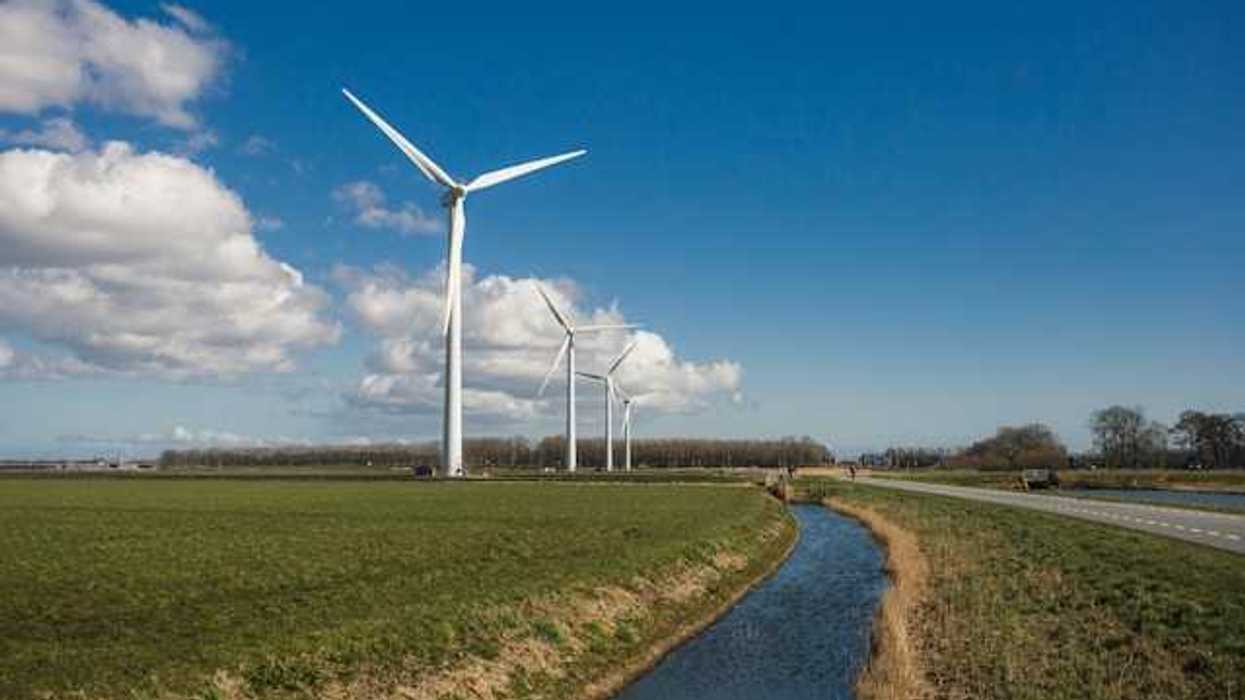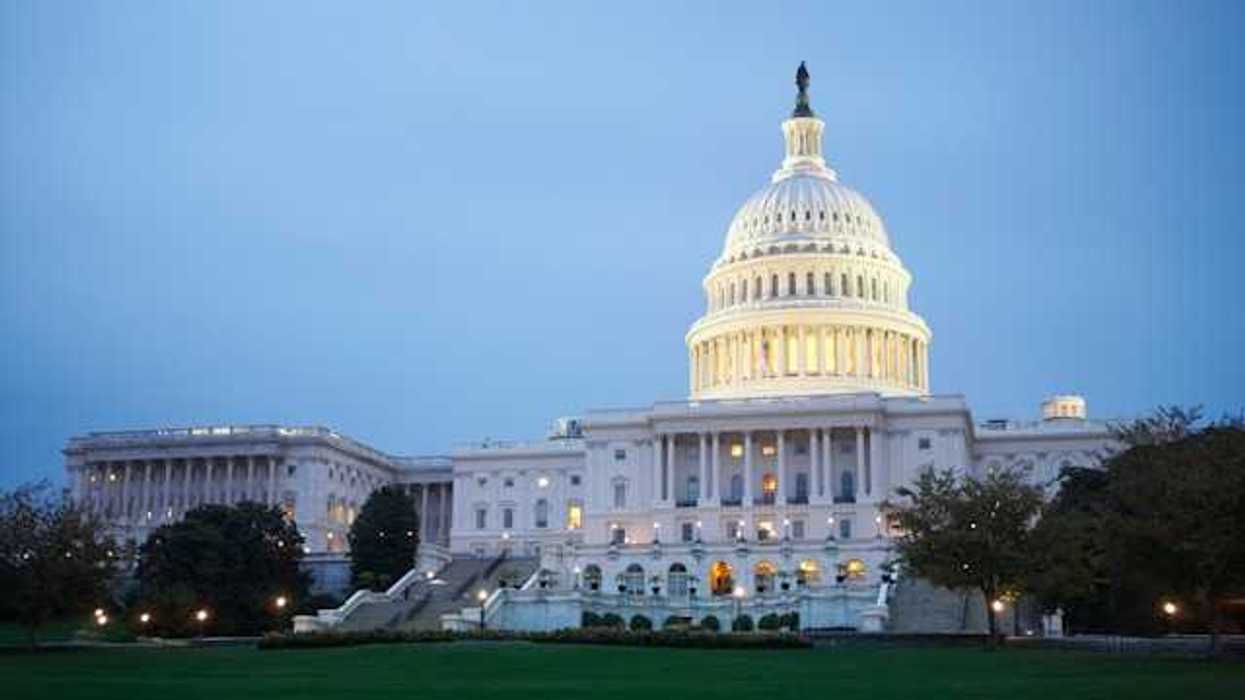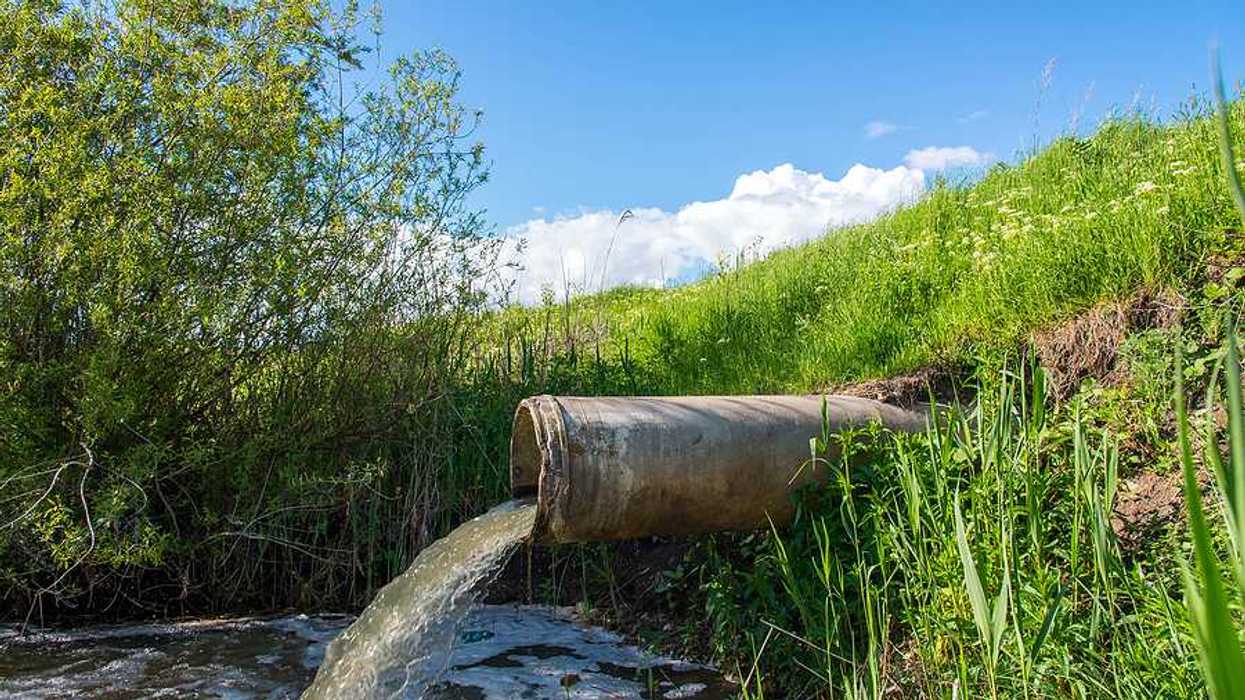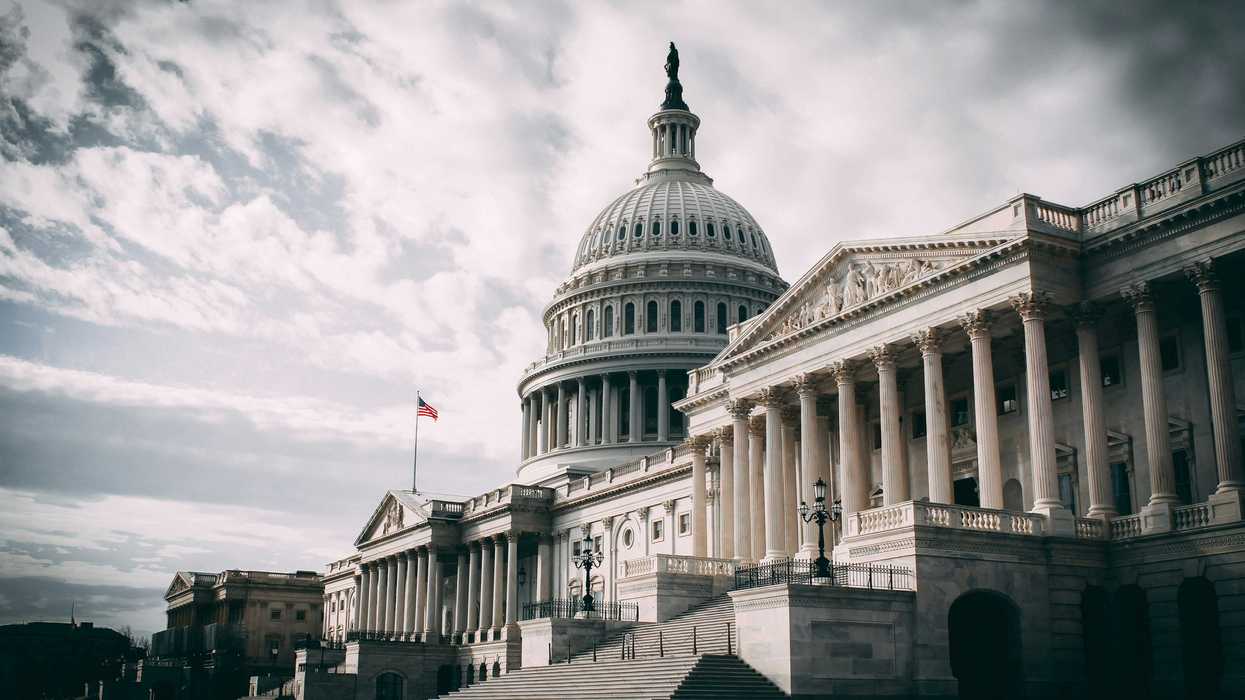A sweeping reorganization at the U.S. Environmental Protection Agency may cost hundreds of scientists their jobs and curtail independent research on public health and the environment.
Rachel Frazin reports for The Hill.
In short:
- Political officials at the EPA have reportedly told scientists to apply for newly posted jobs or risk termination, part of a broad restructuring under the Trump administration.
- Internal communications suggest lab research in the Office of Research and Development may halt due to a lack of supplies, though the EPA disputes those claims and says research is ongoing.
- The agency aims to cut its workforce by thousands and shift research responsibilities to regulatory offices, sparking concerns about the loss of scientific independence and institutional knowledge.
Key quote:
“Without the evolution of the science …we would see a difference that EPA will do less to protect public health and the environment.”
— Chris Frey, former head of the Office of Research and Development under the Biden administration
Why this matters:
The future of environmental science at the federal level looks increasingly precarious. The Environmental Protection Agency's research arm plays a pivotal role in assessing the health impacts of air and water pollution, chemical exposures, and climate change. Independent, peer-reviewed science underpins the EPA’s regulations, from setting safe drinking water standards to determining which pesticides stay on the market. The downsizing of labs and loss of expert staff would come as the U.S. faces mounting public health challenges from toxic chemicals, extreme weather, and industrial pollution. And shifting research to policy offices risks entangling science with political agendas.
Related: Europe steps up funding to attract U.S. scientists facing cuts under Trump














